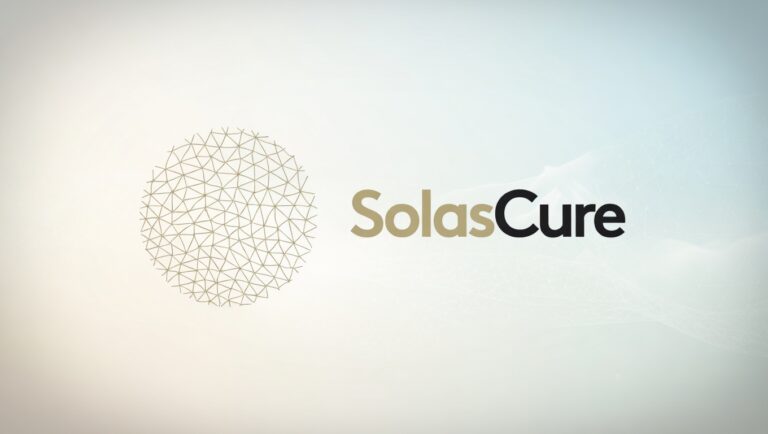
LivaNova PLC (Nasdaq: LIVN), a leading medical technology company, has announced the publication of two pivotal articles in Brain Stimulation journal detailing data from the unipolar cohort of its RECOVER clinical study. This research evaluates the safety and efficacy of LivaNova’s Vagus Nerve Stimulation (VNS) Therapy™ System in patients with treatment-resistant unipolar depression (TRD). The study demonstrated that active VNS Therapy, when compared with a no-stimulation (sham) control, produced clinically meaningful therapeutic effects on depressive symptoms and had positive impacts on quality of life and daily functioning.
The study involved 493 adults who had failed at least four documented antidepressant treatments, including a variety of interventional therapies such as transcranial magnetic stimulation, electroconvulsive therapy, and esketamine. Although the primary endpoint was not met due to an unexpected strong response in the sham group, the active treatment arm showed statistically significant and clinically meaningful improvement in symptoms from baseline. Additionally, the study revealed substantial benefits in select secondary endpoints for the cohort, prompting LivaNova to conduct further in-depth data analyses and submit additional manuscripts.
Dr. Charles Conway, lead investigator and director of the Washington University Resistant Mood Disorders Center, expressed his encouragement over the findings, noting that the study participants, who were severely ill with TRD, experienced significant improvements. “Active VNS outperformed sham VNS in all measures, demonstrating clinically meaningful and safe therapeutic effects,” Conway stated. “The results across multiple ratings—by clinicians, patients, and independent observers—show clear differences between the active and sham arms.”
The first article, titled “Vagus Nerve Stimulation in Treatment-Resistant Depression: A One-Year, Randomized, Sham-Controlled Trial,” outlines the effectiveness of adjunctive VNS Therapy in treating unipolar TRD. The primary endpoint, which measured the percentage of time in antidepressant response, did not reach statistical significance (P=0.137). However, secondary endpoint analyses revealed significant benefits favoring active VNS Therapy. These included improvements in antidepressant response, with more time in response as rated by clinicians and patients, and partial response rates showing significant benefits in comparison to the sham treatment.
The second article, “Effects of Vagus Nerve Stimulation on Daily Function and Quality of Life in Markedly Treatment-Resistant Major Depression,” evaluates VNS Therapy’s impact on daily function and quality of life. Active VNS Therapy led to greater improvements in both quality of life and daily function compared to the sham control group, as indicated by measures like the Mini-Q-LES-Q and WPAI. These results suggest that VNS Therapy offers more than just symptom relief; it also improves the overall well-being of patients suffering from treatment-resistant major depression.
The articles, along with three additional forthcoming manuscripts that will explore select secondary endpoints in more detail, serve as a foundation for LivaNova’s request to the U.S. Centers for Medicare and Medicaid Services (CMS) for VNS Therapy coverage.
Vladimir Makatsaria, CEO of LivaNova, emphasized the significance of these findings for patients with treatment-resistant depression, who often have limited treatment options. “The data supports VNS Therapy as a safe and effective adjunctive treatment, providing new hope for patients who have few viable alternatives,” Makatsaria said.
The RECOVER study, launched in 2019, is the largest clinical trial of its kind, examining the use of VNS Therapy for unipolar and bipolar depression. The study, part of the CMS Coverage with Evidence Development framework, aims to provide further evidence supporting VNS Therapy as a valuable treatment option for patients with chronic or recurrent depression who have not responded to traditional antidepressant therapies.
VNS Therapy is FDA-approved for adjunctive long-term treatment in patients 18 years or older with chronic or recurrent depression who have not responded adequately to four or more antidepressant treatments. The most common side effects include voice changes, tingling sensations, and shortness of breath. The procedure’s primary complication is infection.




